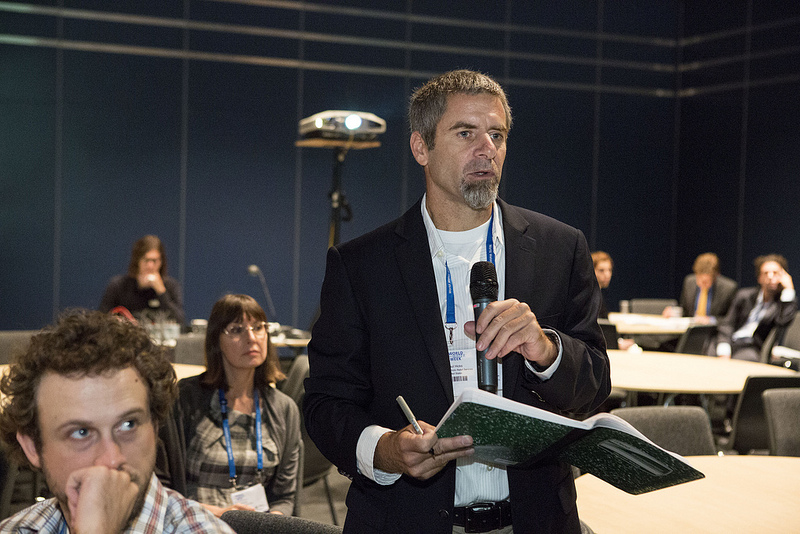QUNO held – together with CARE International, Catholic Relief Service, CGIAR Challenge Programme on Water and Food; Howard G. Buffett Foundation; International Institute for Environment and Development and International Union for Conservation of Nature – a seminar on “Water Management and Peacebuilding: Connecting the Local to International Policy” at the Stockholm World Water Week in September. The seminar shared examples of policy and practice that bring water, land and food management together with peacebuilding and rights-based approaches. The seminar further explored ways to bring local communities into decision making around natural resource management, and ensure that local experience can inform national and international policy.

Humanitarian Challenges in Myanmar: Navigating Conflict and Crisis
On 9 July, the Quaker United Nations Office hosted a private briefing on Myanmar’s humanitarian crisis in the aftermath of the devastating 7.7 magnitude earthquake that struck on 28 March 2025. At Quaker House, Gum San Nsang, Secretary of the Kachin Political Interim Coordination Team, briefed UN diplomats. With the monsoon season threatening to worsen the humanitarian crisis, he emphasized the need for the international community to address aid distribution issues, reminding them that “each day later is a day worse than before.” In his remarks, Gum San noted that the distribution of humanitarian assistance has been exacerbated by the dwindling control of the military junta that seized control during a coup in 2021. He explained that the military has prevented aid from reaching parts of the country not under its control, while diverting aid to its own stockpiles. Beyond the focus on humanitarian issues, Gum San also addressed the ongoing conflict situation between the military and armed resistance groups. He highlighted that the struggle to control the mining of rare earth minerals represents a major driver of conflict, especially in northern Myanmar. Currently, the UN’s Office of Coordination of Humanitarian Affairs (OCHA) estimates that 20 million people, over one […]






